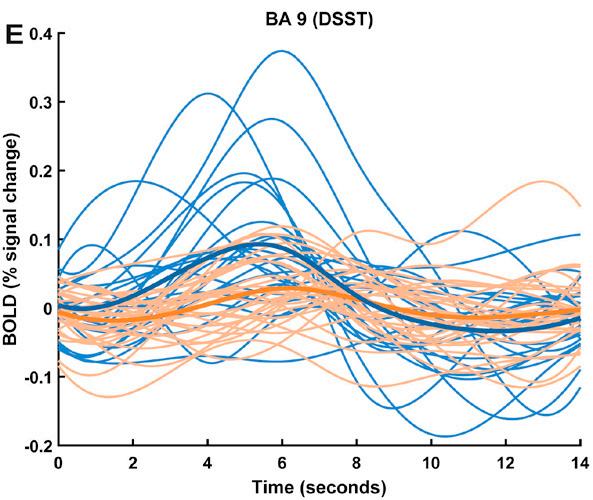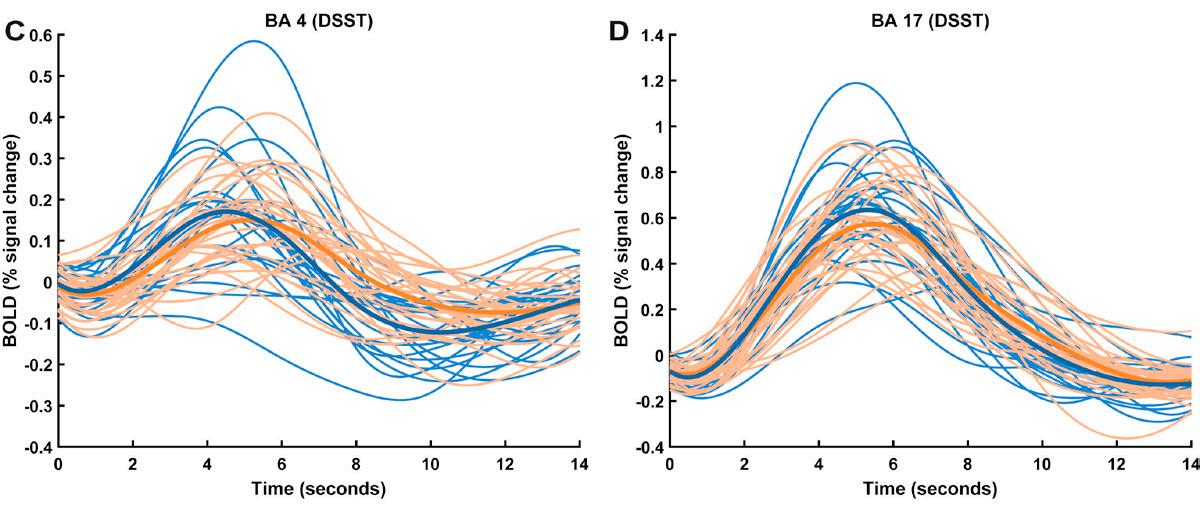
1 minute read
BrainHealth® Research Reveals Timing of Brain Oxygen Delivery Is Vital to Healthy Cognition
from Newsletter Q1 2018
by BrainHealth
The Center for BrainHealth at The University of Texas at Dallas announced the results of a new study investigating how brain activity and brain blood flow work together to help us think quickly and efficiently. Study results appearing online ahead of publication for NeuroImage indicate that intact communication between brain cells and blood vessels forms the basis for fast, efficient cognition in young, healthy adults. Researchers believe declines in this brain cell and blood vessel communication system might explain the reductions in cognitive speed seen in aging and disease.
Led by Dr. Bart Rypma, associate professor at UT Dallas, the research team approached the problem of cognitive decline through the lens of multiple sclerosis. Thirty to 70 percent of MS patients report slowed cognition. While prior research has focused on myelin part of the brain’s white matter that protects neurons, speeds communication and is known to be damaged in MS – Rypma’s team focused on glia.
Advertisement
Glia are also known to be damaged in MS. They are a type of cell that acts as a kind of middleman, allowing myelin to communicate with blood vessels when they need oxygen. When glia are damaged, they can neither effectively relay the needs of brain cells to blood vessels nor can they help transport oxygen and nutrients from blood vessels to brain cells.
Using functional MRI, the team measured the brain blood flow response over time, noticing the wave shape it created. Results show that, compared to healthy individuals, delays in the time it took for the brain blood-flow response to reach its peak are correlated with how much MS-related cognitive slowing occured.

“Our research shows that MS-related damage is not limited to lesioned regions of the brain, and instead represents widespread dysfunction,” explained first author Monroe P. Turner, doctoral student at the Center for BrainHealth. “We hope that by elucidating the mechanisms of glia and their differences in disease states such as MS, we can help further knowledge of not only the MS brain, but the healthy brain as well.”
This study was supported by the Dianne Cash Predoctoral Fellowship, the Friends of BrainHealth and the Linda and Joel Roebuck Distinguished New Scientist endowments, the National Multiple Sclerosis Society, and the National Institutes of Health.








